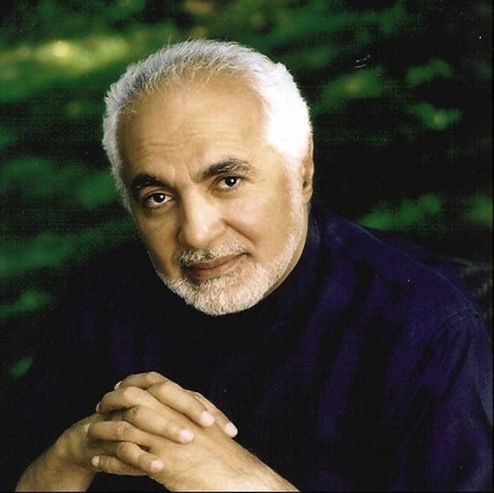
Imam Feisal Abdul Rauf, an author and activist whose work has focused on improving western relations with the Muslim world, told a forum at the Unitarian Universalist Congregation at Shelter Rock in Manhasset on Monday that the key to establishing peace among militant Islamist groups in the Middle East and Egypt is an understanding of what has caused their fight in the first place.
Despite the often theatrical displays of violence associated with such groups around the region, Rauf said, most of the disputes – even in the case of the so-called Islamic State, which in the last year has wrested parts of Iraq and Syria for the purported creation of a Muslim caliphate – tend to arise more out of political interests than religious zeal.
“Most conflicts between two groups are really over a sense that one of the parties is not getting their fair share of the power pie or their share of the economic pie,” said Rauf, who was named to Time magazine’s 2011 list of the most influential leaders in the world.
Rauf is the author of six books on Islam, including the 2012 work “Moving the Mountain: Beyond Ground Zero to a New Vision of Islam in America.” In 1997, he founded the New York City-based non-profit the American Society of Muslim Advancement. From 1983-09, he served as imam – a religious leadership position – of the Masjid al-Farah, a New York City mosque.
He said groups like the Islamic State – also known as ISIS – often recruit militants from minority groups oppressed by regimes in power, promising the restoration of the Muslim caliphate that garnered cultural advancement under the prophet Muhammad.
“It’s the desire to re-establish something that flows from something they once had and lost, that’s what fuels the desire for an Islamic state, that Islamic ideal” Rauf said.
“When you’re speaking of a caliphate, [to Muslims] you are speaking to the highest demand of what humans were put on earth to put forth,” he added.
While rhetoric of a caliphate does have religious intentions, Rauf said, he does not think Muhammad would support violence from extremists conducted in the name of jihad – Arabic for “the struggle” – and added the notion of punishing infidels with death, a common rationalization for the violence, is not explicitly state in the Quran.
Militant groups also recruit what Rauf called the “‘Rebel Without a Cause’ types” who he said would conduct violent acts no matter what group they fight for.
But Rauf said Jihadis should not be the primary target for nations seeking to curb the violence.
Instead, he said, stop the people recruiting them.
“If you’re looking to solve this issue, you have to solve the fundamental issues,” he said. “…Terrorism, or what we in the west would consider terrorism, is not usually the fundamental cause.”
America and its allies – which Ruaf added would have to include Russia – can make peace by uniting these groups under a treaty or organization similar to the Marshall Plan or North Atlantic Treaty Organization following World War II, “adopting a way by which everybody gets an equitable share,” he said.
“There needs to be that mechanism in which people feel they can have a future in the power and economy at large,” Rauf said.






